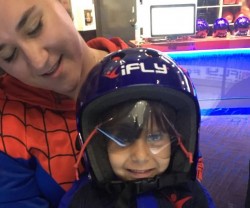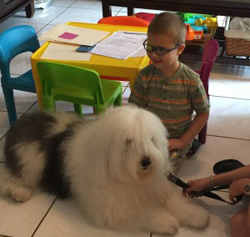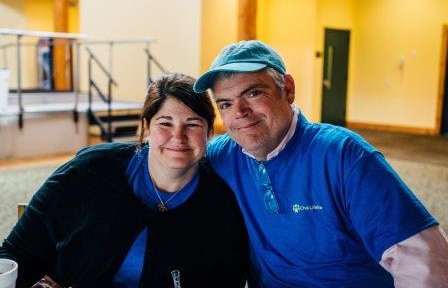Two Questions To Ask Yourself About Summer Camp For Your Child

The right camp experience is the one that offers children fun, friendship, and a chance to enhance their social and emotional toolbox.
While most parents of overnight campers are already thinking about trunks and sunscreen, there remains a group of moms and dads who are still on the fence about sleepaway camp. Many parents of children who are ill or disabled haven’t found the camp that meets their child’s needs.
ray ban sunglasses Outlet
Rivkah Reichmann, the associate director of Camp Simcha Special, a camp for chronically ill and disabled children and teens in Glen Spey, NY, has counseled hundreds of parents since the camp was established in 2001. She asks parents two questions to help them decide on camping options.
oakley sunglasses usa
Can the child’s health and safety needs be met by the camp?
Clearly, this is the most important concern regardless of a child’s health status. Parents should ascertain that the camp’s facilities are appropriate. If the child needs a wheelchair or walker, there should be easy access to every building so that the child can participate in all aspects of camp life. As important, maintenance and cleanliness standards must be high. Parents should also check the medical program: is there staff who can deal with both day-to-day needs and emergencies? Does the camp have emergency procedures in place? What about medication? Injections? Does the camp feel confident that its medical staff can deal with your child’s health requirements? Do you?
air jordan Inexpensive
What about your child’s social and emotional needs?
Summer camp is about friends and fun, but it’s also about growth and self-enhancement. The best camp for your child is the one that will allow him or her to shine through friendships and new skills. When the choice is between a “normal” camp and one designed for children with special needs, parents should consider the child’s social life throughout the year. Children who have to work to keep up may do better in a camp where everyone is working at their pace.
Oakley sunglasses Clearance
“Sometimes children with illnesses or disabilities are the only kids who are sick in school. They are labeled. They feel left out. They may have few friends. These children may do better in an environment of peers, where all the children are struggling with similar challenges,” said Mrs. Reichmann. “They learn to appreciate their own strengths and differences. They are no longer isolated. The ‘bump’ they get at camp may be enough to make a difference all year long.”

























